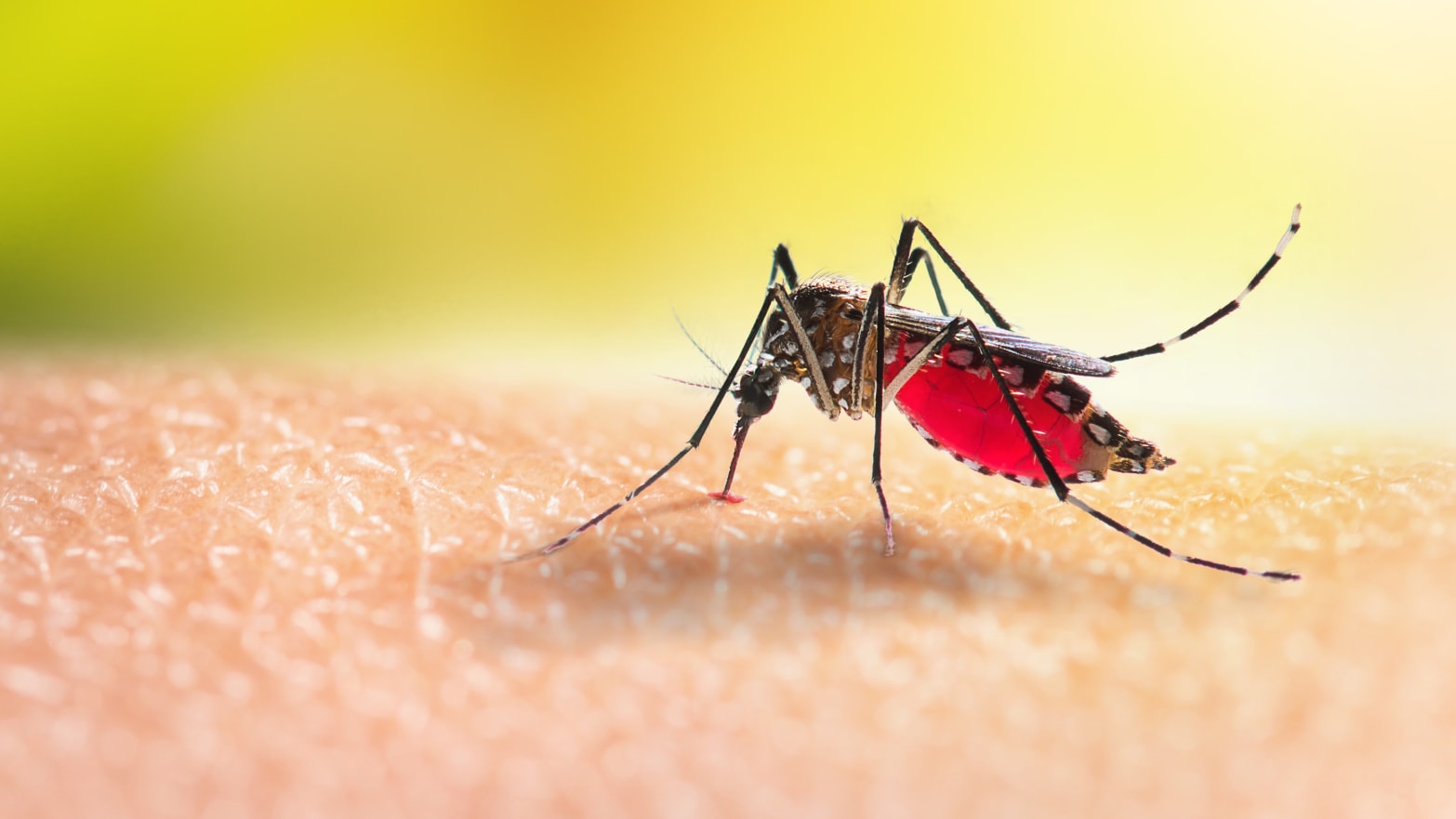Mosquitoes are pesky insects known for their itchy bites, but beyond the annoyance, many people wonder if mosquito bites pose any significant dangers. In this informative blog post, we will delve into the risks associated with mosquito bites, the diseases they can transmit, and effective prevention measures to minimize their impact on our health.
Mosquito-Borne Diseases:
Mosquitoes are vectors for various diseases that can be transmitted to humans through their bites. Some of the most notable mosquito-borne diseases include:
a. Malaria: Malaria is caused by parasites transmitted by certain species of mosquitoes. It is a life-threatening disease prevalent in tropical and subtropical regions.
b. Dengue Fever: Dengue fever is a viral infection transmitted by Aedes mosquitoes. It can cause severe flu-like symptoms, and in some cases, progress to a more serious condition called dengue hemorrhagic fever.
c. Zika Virus: The Zika virus gained global attention in recent years due to its association with severe birth defects. It is primarily transmitted by Aedes mosquitoes.
d. West Nile Virus: West Nile virus is transmitted by infected mosquitoes and can cause flu-like symptoms. In some cases, it can lead to more severe conditions, such as meningitis or encephalitis.
Allergic Reactions and Discomfort:
While most mosquito bites are harmless, some individuals may experience allergic reactions. The body's immune response to mosquito saliva can cause localized swelling, redness, and itching. In rare cases, individuals with severe allergies may experience anaphylaxis, a potentially life-threatening allergic reaction.
Prevention Measures:
Preventing mosquito bites is key to reducing the risks associated with these insects. Here are some effective prevention measures:
a. Use Insect Repellents: Apply mosquito repellents containing DEET, picaridin, or other recommended ingredients to exposed skin and clothing.
b. Wear Protective Clothing: Cover your body with long sleeves, pants, and socks when spending time outdoors in mosquito-prone areas.
c. Eliminate Breeding Sites: Reduce standing water around your home, as it serves as a breeding ground for mosquitoes. Regularly empty, clean, or cover containers that can collect water, such as buckets, flower pots, and birdbaths. As well as regularly applying pesticide around your home to keep them at bay.
d. Use Protective Screens and Nets: Install screens on windows and doors to keep mosquitoes out of living spaces. Use bed nets treated with insecticides for protection during sleep, especially in areas where mosquito-borne diseases are prevalent.
Seek Medical Attention:
If you experience persistent, severe, or concerning symptoms after a mosquito bite, seek medical attention. This is particularly important if you have recently traveled to areas with known mosquito-borne diseases.
While mosquito bites can be bothersome and uncomfortable, the primary concern lies in the diseases they can transmit. Malaria, dengue fever, Zika virus, and West Nile virus are among the most well-known mosquito-borne diseases. However, with proper prevention measures, such as using insect repellents, wearing protective clothing, eliminating breeding sites, and seeking medical attention when necessary, the risks associated with mosquito bites can be minimized. Stay informed, take precautionary steps, and prioritize your health and well-being when it comes to dealing with mosquitoes.










